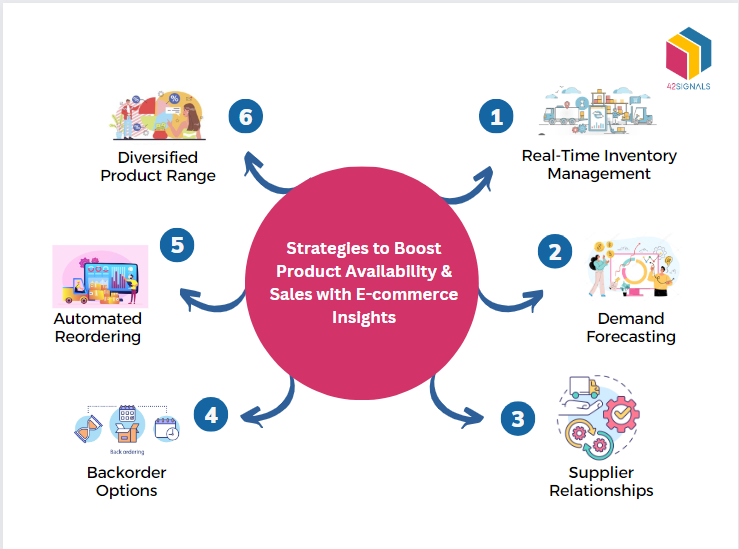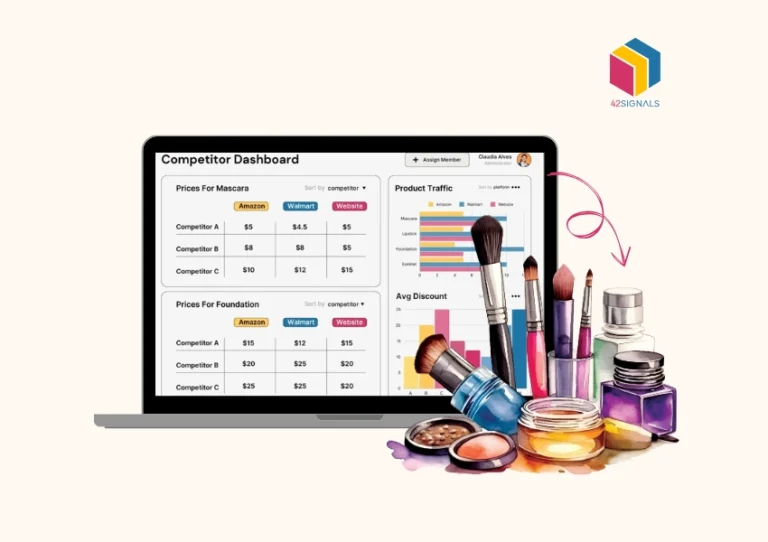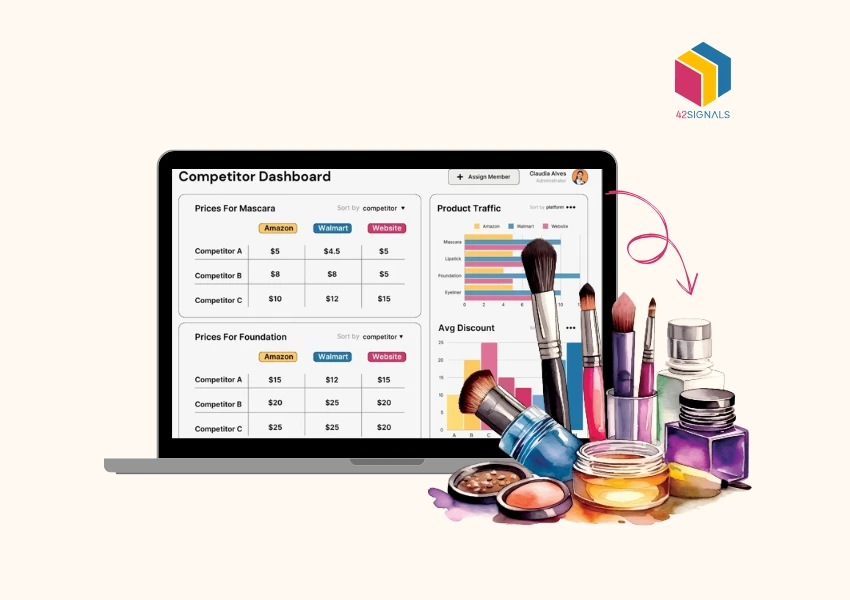Picture this. You have had your eye on a pair of really cool headphones for months. You diligently search online, compare prices across different marketplaces, and finally find the perfect website to make your purchase. Just as you’re about to hit that “buy” button, you realize the product is out of stock.
How frustrating! You quickly check another website, but to your disappointment, the item is unavailable there too. You abandon this brand and move to the next one that has a similar product and is in stock.
These scenarios are all too common when shopping online. For a customer, it can be incredibly disruptive as several factors influence the purchase decision, among which product availability plays a critical role. With immense market competition for every product type, customers seldom purchase impulsively without doing their due diligence. This may take time and effort, but when the customer is ready to make the purchase and is met with ‘out of stock’ notifications it leads to a lost sale.
Image Source: Dot Activ
Hence product availability is one of your most important criteria in ensuring a seamless and satisfactory experience for your customers.
The Significance of Product Availability
The above scenario is a perfect example of why product availability is crucial in the entire shopping experience. A customer who’s annoyed with a product being out of stock – especially if it’s an urgent need – is most likely to abandon the chosen brand and find alternatives, rather than wait for the product to come back in stock.
It’s extremely difficult to predict when customers will shop for your product and every sale matters. It can be the difference between a loyal customer or a missed opportunity. The longer the ‘out-of-stock’ pattern continues, the likelihood that the customer labels the company as unreliable and has a negative impression of the business increases. It can also affect referral traffic or word-of-mouth sales.
Product availability is the foundation of a positive shopping experience. When the product is always in stock, the customer is more confident and likely to make a purchase. Even if the decision to buy is delayed, they are certain that when they arrive at that point, the product will be available. It creates trust and the scope for repeat business.
The Impact of Product Unavailability on Customer Behavior
There are a few obvious reasons why as a business product unavailability can impact your sales –
- Abandoned Carts: When products are out of stock, customers are likely to abandon their carts and any other products they may have intended to purchase from the brand due to annoyance. An example of this could be activewear if the pants are out of stock while the top is available, or for a makeup brand if the foundation shade is out of stock while the setting powder is available.
- Loss of Revenue: Unavailability of popular products means missed opportunities for generating revenue. Competitors with similar products readily in stock are likely to capture these potential sales, resulting in revenue loss for the former business.
- Reduced Customer Loyalty: Customers value convenience and reliability. When they repeatedly encounter out-of-stock products on an e-commerce website, they may become less loyal to the brand and seek alternatives.
Strategies to Boost Product Availability and Sales with E-commerce Insights
To optimize product availability and boost e-commerce sales, businesses can implement the following strategies leveraging e-commerce insights –

Let’s consider an example and look at how an e-commerce retailer, we’ll name it AwesomeTech, boosted sales with improved product availability by utilizing e-commerce insights.
AwesomeTech, an emerging e-commerce retailer specializing in tech gadgets, faced challenges with product availability. The high demand for their flagship product often led to frequent stockouts, disappointing potential customers, and hindering sales growth.
To address this issue, AwesomeTech adopted a multi-faceted approach:
1. Automated Inventory Management
The company implemented advanced inventory management software that provided real-time updates on product stock levels. This enabled them to avoid overselling and maintain accurate inventory records.
2. Strategic Demand Forecasting
By analyzing historical sales data and market trends, AwesomeTech developed effective demand forecasting models. This allowed them to anticipate spikes in product demand and ensure sufficient stock during peak periods.
3. Supplier Collaboration
AwesomeTech strengthened relationships with key suppliers and negotiated better terms for prompt product deliveries. This helped them maintain a consistent supply of products and reduce lead times.
4. Backorder Options
The company introduced backorder options for its flagship product. This allowed customers to place orders even when the item was out of stock, ensuring they would receive it as soon as it became available.
4. Diversification of Product Range
To offer alternatives to the popular flagship product, AwesomeTech diversified its product range. They introduced complementary tech gadgets and accessories, giving customers more options to choose from.
Conclusion
With the above examples, it’s clear how useful and important product availability is for any business. As there are several steps in the process to implement a good product availability strategy and several stakeholders in the decision-making or execution process, it becomes practically impossible to manage all this data manually.
An e-commerce analytics platform like 42Signals is the perfect solution to gather product intelligence. With our data, brands can stay informed about all the dynamic changes in the market, stay informed about competitor strategies, and listen to customer feedback. 42Signals is a great tool for e-commerce businesses large and small. Send us an email today to know more about our product – sales@42signals.com







